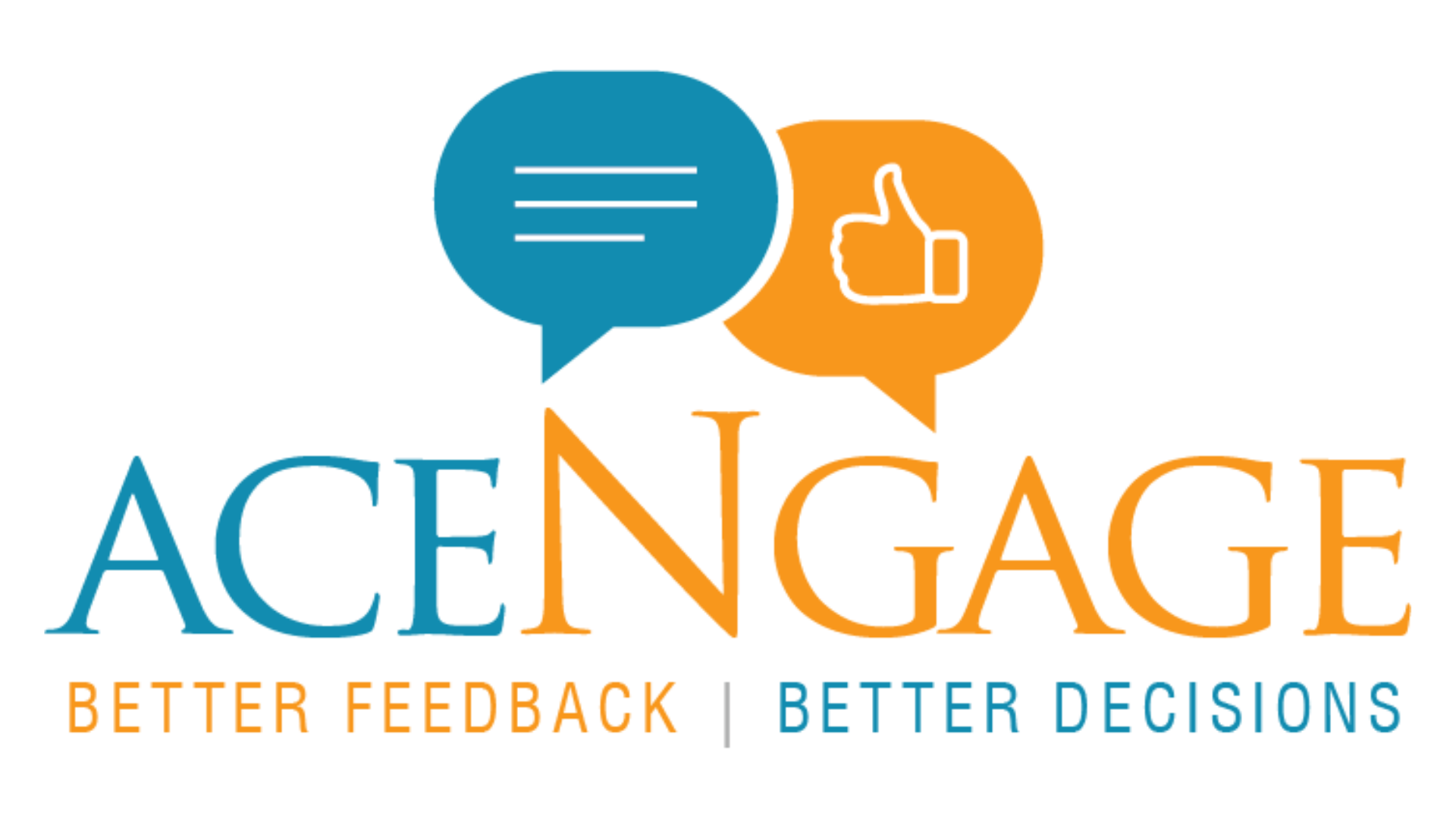An employee-first culture prioritizes the well-being and growth of employees, leading to higher engagement and retention rates.
Organizations that prioritize their employees’ well-being and development are more likely to retain top talent and create a positive work environment. Here are seven ways to build an effective employee-first culture:
Importance of Employee Retention
Employee retention is crucial for organizations to maintain continuity in operations and relationships with clients and customers. When employees stay with a company for an extended period, they develop a deep understanding of the organization’s processes, products, and services, which helps in maintaining consistency and quality. Additionally, retaining employees reduces hiring costs associated with recruitment, onboarding, and training new staff. These savings can be significant, especially for roles that require specialized skills or experience.
Moreover, employee retention plays a vital role in preserving institutional knowledge within an organization. Experienced employees possess valuable insights and expertise that are often not documented and can be lost when they leave. By retaining these employees, organizations can ensure that this knowledge is passed on to newer employees, preventing the loss of critical information and maintaining operational efficiency.
Furthermore, a high rate of employee retention contributes to a positive company culture and enhances employee morale. When employees feel valued and supported by their organization, they are more likely to be engaged and motivated in their work. This, in turn, leads to higher productivity, improved customer satisfaction, and a stronger employer brand, making the organization more attractive to top talent in the market.
Meaningful Work and Employee-first culture
Providing employees with meaningful work that aligns with their values and interests is key to retaining them. Employees who find their work meaningful are more engaged, satisfied, and likely to stay with the organization.
87% of organizations cite culture and engagement as one of their top challenges. (Deloitte)
Ways to Build an Effective Employee-First Culture
Providing Meaningful Work: Assign tasks that challenge and engage employees, allowing them to contribute to the organization’s goals and see the impact of their work.
Encouraging Work-Life Balance: Offer flexible work arrangements, such as remote work options or flexible hours, to help employees balance their personal and professional lives.
Offering Professional Development Opportunities: Invest in employees’ growth by providing training, mentorship programs, and opportunities for advancement within the organization.
Creating a Positive Work Environment: Foster a positive workplace culture by promoting teamwork, collaboration, and inclusivity among employees.
Recognizing and Rewarding Employees: Acknowledge and reward employees for their hard work and achievements to boost morale and motivation.
Promoting Open Communication: Encourage open and honest communication between employees and management to address concerns and foster a sense of transparency.
Fostering a Sense of Belonging: Create a sense of belonging among employees by organizing team-building activities, celebrating achievements, and promoting a supportive work environment.
The Role of Employee Engagement in Retention
Employee engagement plays a crucial role in retention as engaged employees are more committed to their work and the organization. Engaged employees are also more likely to stay with the organization and contribute to its success.
Companies with strong cultures saw a 4x increase in revenue growth. (Forbes)
Benefits of Employee Retention for Companies
Cost Savings: Employee retention reduces turnover costs associated with recruitment, onboarding, and training new employees.
Productivity: Retained employees are more familiar with their roles and the organization, leading to increased productivity and efficiency.
Customer Satisfaction: Employees who stay with a company longer tend to develop stronger relationships with customers, resulting in improved customer satisfaction and loyalty.
Employer Brand: A high employee retention rate contributes to a positive employer brand, making the organization more attractive to top talent in the market.
Want to know more about employee retention? Check out our Website.
In conclusion, building an effective employee-first culture is essential for better employee retention. By providing meaningful work, encouraging work-life balance, offering professional development opportunities, creating a positive work environment, recognizing and rewarding employees, promoting open communication, and fostering a sense of belonging, organizations can create a culture that values and retains top talent.
Frequently Asked Questions (FAQ)
How important is employee retention for an organization?
Employee retention is crucial for organizational stability and growth.
Why is meaningful work important for employee retention?
Meaningful work is vital for employee retention as it fosters a sense of purpose and satisfaction.
How can employers succeed in employee retention?
Employers can succeed in retention by offering competitive benefits, fostering a positive work culture, and providing growth opportunities.
What is the most essential thing that retains an employee?
The most essential thing that retains an employee is a supportive and inclusive work environment.
How do you improve employee engagement and retention?
To improve employee engagement and retention, focus on communication, recognition, career development, and work-life balance.







